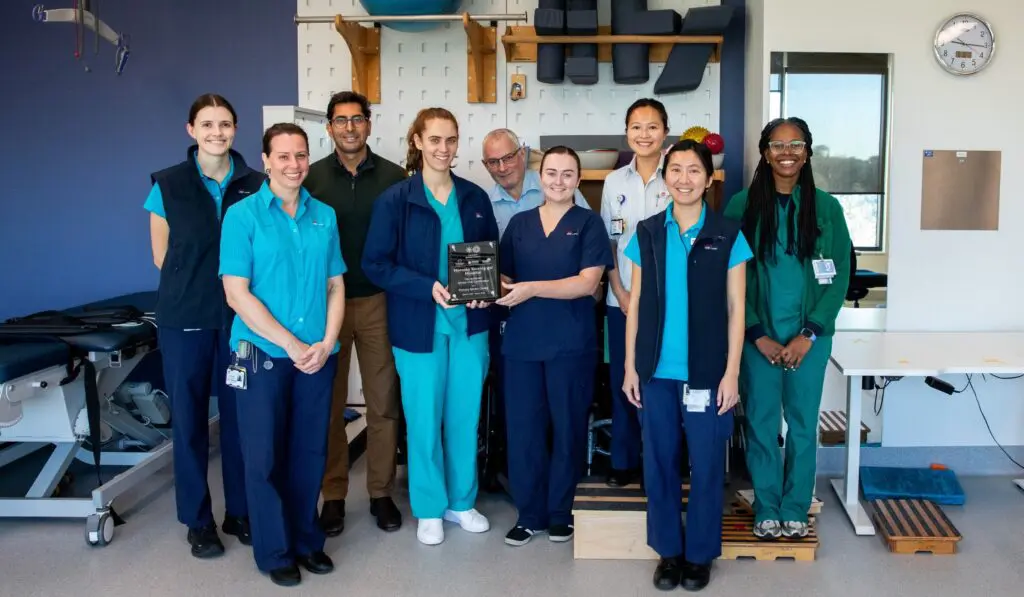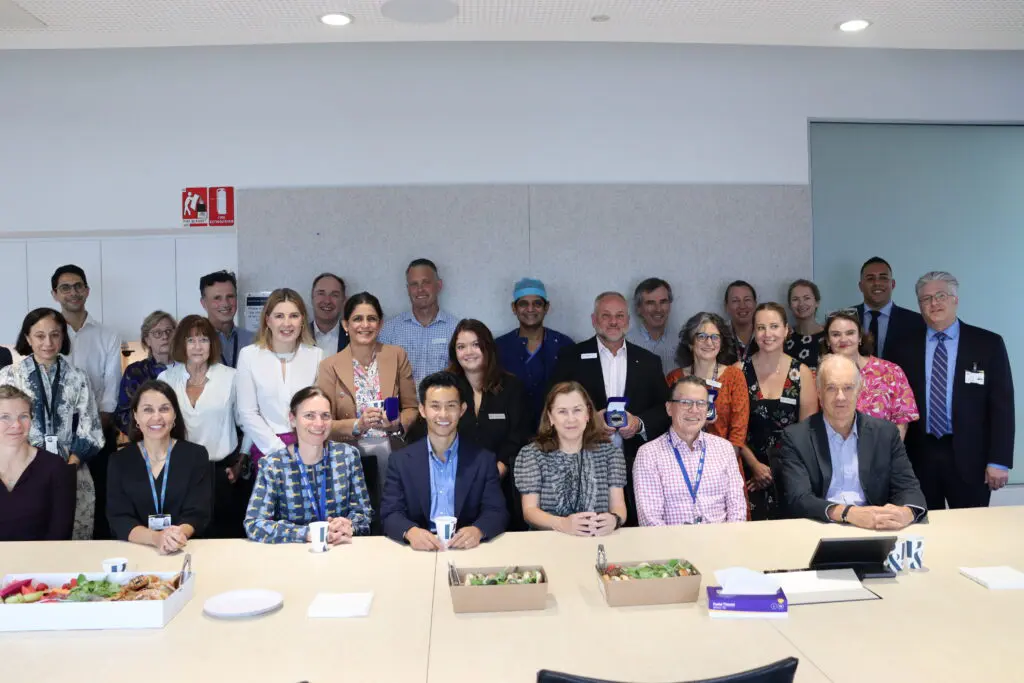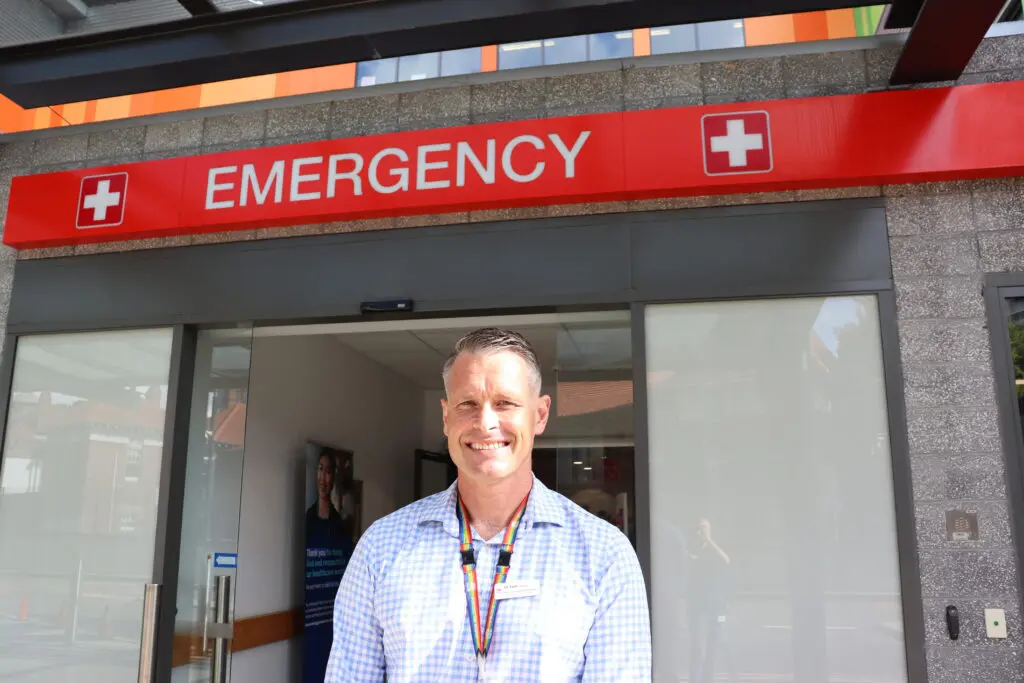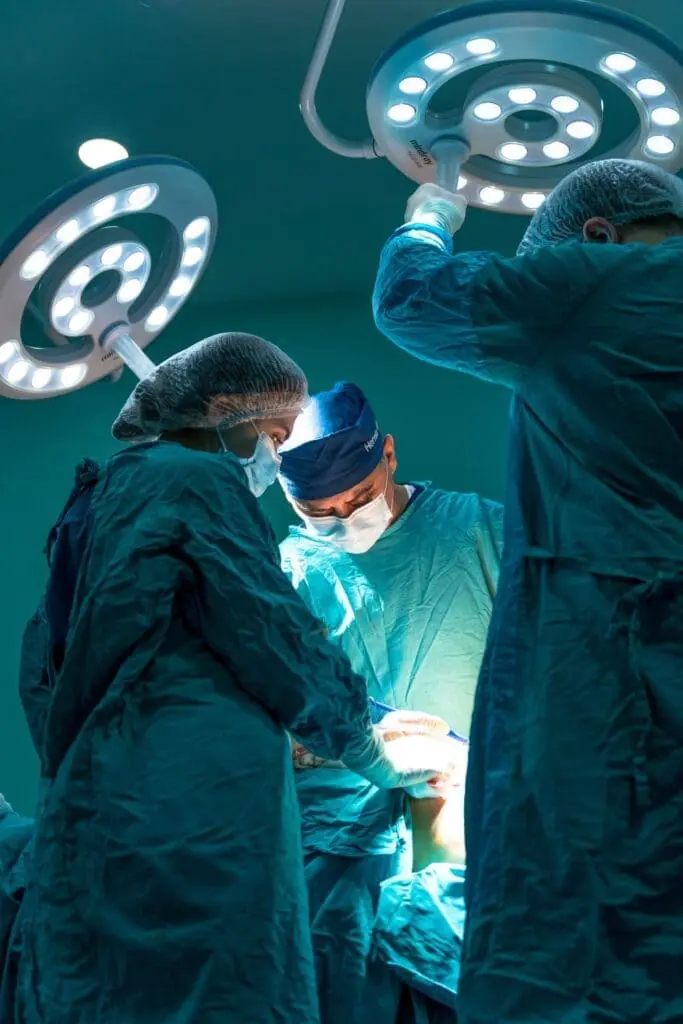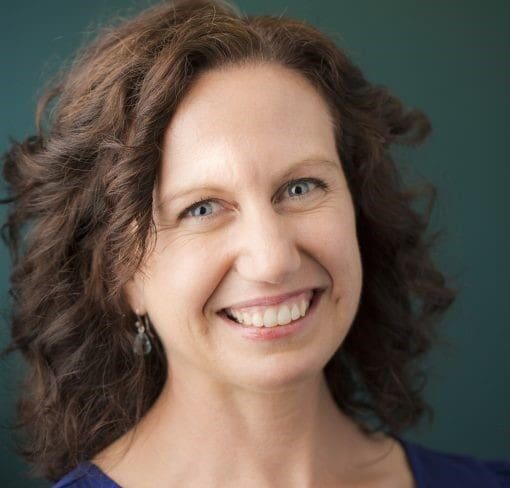
Dr Jillian Eyles, Physiotherapist and Postdoctoral Researcher at the Kolling Institute talks to the NORTH Foundation about her journey as an early-career researcher and how she hopes to make a difference in the community.
Although 1 in 11 Australians suffer from osteoarthritis (OA), less than half are receiving optimal treatment from their General Practitioner (GP).
Dr Jillian Eyles believes that patients are not being prescribed exercises or taught how to self-manage their condition and achieve and maintain a healthy weight control which could ultimately reduce their pain and improve their overall wellbeing.
Prior to her journey as an early-career researcher, Dr Eyles was a physiotherapist who had already worked in allied health for 15 years.
So what made Dr Eyles – a mother of two young children – decide to pursue a PhD in musculoskeletal research?
Dr Eyles discovered that a career in research meant that she could align her passion for lifestyle interventions with her purpose of positively impacting the community.
“I’ve always enjoyed and have seen the benefits of being active. I saw physiotherapy as an opportunity to help people in the community by teaching them how to implement exercise and physical activity in a clinical way.”
To this day, Dr Eyles says that her journey into a career in medical research was quite unique as it was her involvement in research as a clinician with the NSLHD Spinal Cord Injury Unit that sparked her interest in chronic disease management.
“Even when I was studying physiotherapy as an undergraduate, I enjoyed research. Fast forward to today, I am an early-career researcher, two years post PhD, and currently working on several exciting research projects.”
With a background in physiotherapy, and a family medical history of OA, Dr Eyles made the decision to specialise her research on OA – specifically on the translational or implementation research required for clinicians to support their OA patients to achieve better patient outcomes.
“I have been involved in this area of research since starting my PhD in 2012 and am fortunate to be surrounded by a team at the Kolling Institute who are also passionate about seeing the best evidence OA care translated into the community.”
By conducting research, Dr Eyles and her team have found that the best treatments for symptomatic relief do not involve medications or surgery. Core management of OA includes education for self-management, exercise and physical activity, and weight control. One of the key parts of their role as researchers now is to work out the best way to translate this research into clinical care as we know that GPs and other health professionals’ knowledge and skills in best treating OA is limited.
In 2019, Dr Eyles was given the opportunity to contribute to the National Osteoarthritis Strategy, with a focus on determining how to change current OA treatment practices in Australia.
One of the main recommendations that came out of this strategy – which has now been implemented in the form of an e-learning program that was supported by a funding grant from the Federal Government – was the need for a good education program for healthcare practitioners.
This e-learning program is designed to teach healthcare practitioners about the best evidence OA care to deliver to their OA patients in the community, with the goal of having the e-learning modules tested by healthcare professionals by the end of 2022.
Once the desired outcomes in Australia are achieved, Dr Eyles and her team plan to adapt the e-learning program so that it can be rolled out overseas as OA is a very prevalent condition globally.
Ultimately, Dr Eyles hopes to make the program a free resource for healthcare professionals from low-and-middle income countries to improve the quality of patient care.
Reflecting on her journey as an early-career researcher with the Osteoarthritis Research Group at the Kolling Institute, Dr Eyles’ advice for others considering a career in medical research is to constantly find opportunities to learn, grow and improve.
“Get involved in lots of different projects to build on your skillset and knowledge.”
Although their research around OA continues to progress with the support from the Federal Government funding, Dr Eyles and her team require community and philanthropic support to be able to bring this vision to life and make a positive impact on a global scale.
“I believe that our research can bridge the gap between research and practice in the treatment of osteoarthritis and have a long-term and sustainable impact on our global community.”
At the NORTH Foundation, our goal is to provide Dr Eyles and her team with funding for research costs and equipment to continue their life-changing research project to completion.
If you are interested in directly supporting Dr Eyles and her team at the Kolling Institute, please click here.
